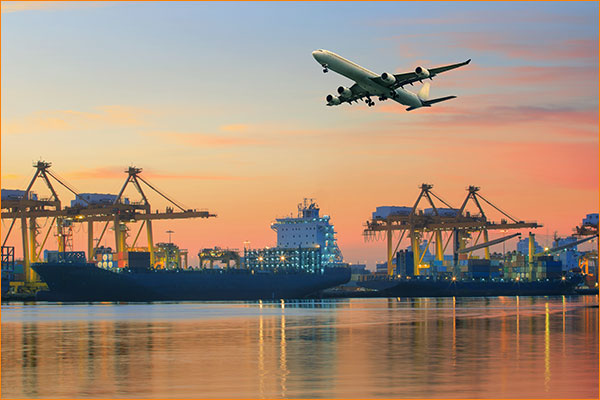
Virtually all of us have technology integrated into our daily lives. Smartphones have replaced traditional cell phones and are used for everything from video conferences to reminder alarms or researching reports. Available apps for phones running iOS, Android, and, soon, Microsoft Windows 10 Mobile make understanding how to take full advantage of smartphones even easier. In fact, many times the impetus for a business related app is an app or service first targeted at the mass consumer market. It is mind-boggling how many apps are available for these and other platforms leading to today's world in which entire business enterprises and departments within them could not function without mobile devices and applications concieved in the consumer markets.
In the case of technology in the supply chain this is a good thing – consumers often own several portable devices such as smartphones, wearable technology, and tablets, along with apps that make their devices more customized to their owner’s needs. They know how to use apps and the devices that apps make more useful – and the use of COTS (consumer off the shelf) devices is becoming more prevalent in Supply Chain Management.
So, with the supply chain being so important to every manufacturer, retailer, logistics company and local, state, and federal government, what are some impacts of recent technology on the supply chain?
Operations and IT Leadership Share Common Goals for the Supply Chain
An important development concerning the integration of new technology in the supply change is illustrated by a recent story in the Wall Street Journal regarding the promotion of Rebecca Jacoby from CIO to the senior vice president of operations with responsibilities that include overseeing of the supply chain. This is an example of the importance of the relationship between new technology and supply chain operations. Just a few years ago, supply chain management rarely showed up on the IT department’s radar, yet today it is a driving force in where technological improvements are sorely needed.
Most Agree that Transparency is Needed in the Supply Chain, but Bitcoin?
Who thinks Bitcoin can be responsible for providing more visibility into products in the supply chain? Bitcoin has an app called Skuchain, which uses a system called blockchains to register and sell products in way that is more organized than the old request for proposals, accept bids, process the bid, and order the product(s). A blockchain is created by the buyer as a way to track whatever was used in making a product, who made it, and where it is from and has been. This, potentially, could reduce product tracking/provenance costs, but it is yet to be proven on a large scale.
There are certainly negative aspects of Bitcoin, such as fluctuating values, but the huge potential savings in financial fees, product tracking, and the advantages of secure, private transactions could bring great advantages to the more adventurous enterprises as this technology becomes more of a reality.
Staying Ahead Competitively
In the business world, staying ahead is paramount to survival. Active innovation positions your company as the front-runner and businesses that follow with similar innovations, even just a few weeks later, are seen as "me too!" companies. These "also-ran' companies are often perceived as lacking new ideas, resulting in a negative impact to their reputation, which makes it more difficult to generate trust and loyalty with customers.
Acheiving and maintaining a position as a technologically advanced trusted advisor in your markets creates a distinct business advantage over your competition. Conact StayLinked to learn how to take full advantage of the latest technology in your supply chain operations.


